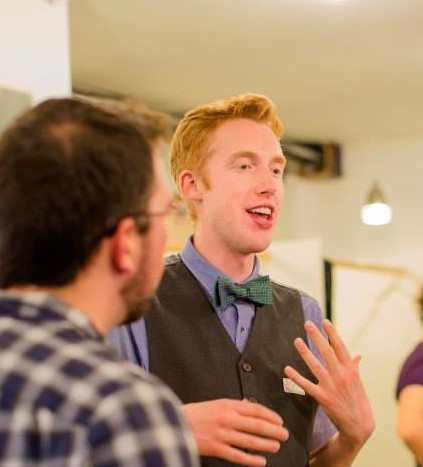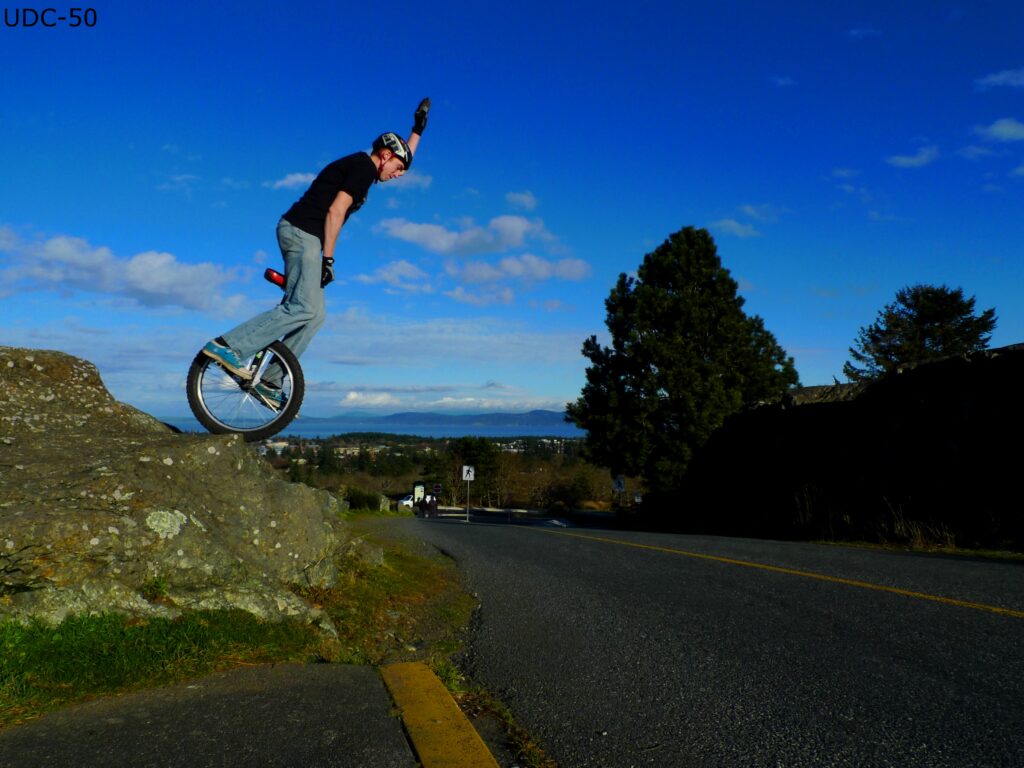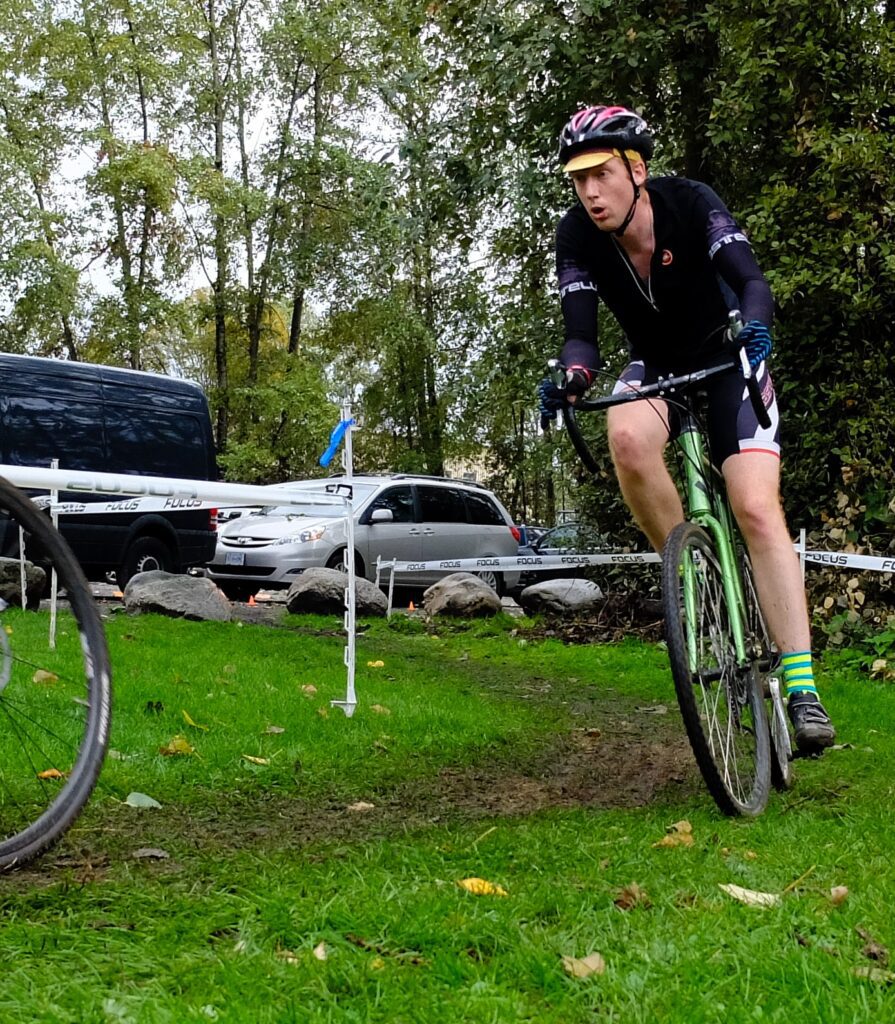My name is Bryan and I was born with Common Variable Immunodeficiency (CVID), specifically Hypogammaglobulinemia (I still have trouble saying that one). I am not going to talk about what that means in general (but it is worth searching if you are curious). Instead, I will explore how it has affected me and influenced my life and the ways in which I manage it. It is my hope that through this to pay forward the guidance, hope and inspiration I have been lucky enough to receive from others with CVID (in particular, one person I only met once in the hospital, they will never know how much they impacted my life but I am ever grateful to them).
Before I go any further, I want to acknowledge that some (maybe a lot) of my experiences, decisions and opinions may not resonate with you. Even if we have the exact same diagnosis, our social position, personality, support network and even our physical location mean that how we are affected by CVID is going to be fundamentally different. Just like everyone, we are infinitely complex, as are our lives, so comparison (and especially playing the competitive “who is more disabled” game) gets us nowhere. Again, my hope with sharing my honest experience is that some of it resonates and adds positively to your life.

Pre Diagnosis, Pre-Ig
For the first ten years of my life, I was extremely sick. I don’t spend a lot of time thinking about that period of my life, but to say it was hard or challenging for me doesn’t quite capture my lived experience. Though I had fun and friends as a whole, the first ten years of my life were defined by being ill, massively fatigued and having no idea of why.
My first ten years were spent bouncing from medical appointment to medical appointment, from medical system to system. We had explored so many possible causes and treatments, from dietary changes (everything you can imagine and more) to every possible treatment out there. I can’t remember a time before this period of being poked, probed, prodded and studied. There were a few truly fantastic physicians and several nurses who saw me as a capable child and authentically connected with me, but mostly I was treated as another body to study. That was a deeply dehumanizing experience and something that should always be avoided. I can still remember each and every fantastic physician and nurse’s name, and I still smile and tell stories about them. However, the emotional and psychological scars from being studied as a case invalidated my experiences in my body and reduced my sense of physical autonomy.
In hindsight, I wasn’t prepared to face my own mortality in such a direct way. I don’t think any child really is. Though we are constantly told directly and indirectly that we need to put on a strong face and fight the good fight (to be brave little soldiers). I don’t think my parents or siblings were prepared to deal with this either. I can’t imagine how hard that was for them. My siblings also put on a brave face and rarely complained about how much more attention I needed, and for that, I am very grateful. But, as a whole, none of us were prepared or capable of dealing with the mental and emotional stresses and the physiological realities of my illness. To compound this problematic environment, we were isolated and told directly and indirectly that our family needed to deal with it on our own.
I think, considering all this, my family and I did a good job of dealing with the physical realities. I know I became adept at managing pain, fatigue, and self-advocacy with medical professionals and the medical system as a whole. By the time I was ten, I could list more anatomical structures and physiological functions than most adults could, and I was pretty proud of that. But, my family and I were less capable of treating the mental and emotional outcomes of having CVID. Parenting is hard enough, there is no reason to also add “full-time nurse/care aide” to the list of responsibilities. From my own experience, I wish I had had the chance to develop the tools and skills to manage the emotional and physiological stressors I faced and still face daily. More counselling, physiological support, and respite opportunities need to be made available to families and individuals like us. Services like this would have been crucial to improving the well-being and cohesiveness of my family long term.
At any age, living with CVID, it can be easy to get caught up in maintaining your body and physical health. But, it is important to remember to take the time to get professional help navigating the emotional and psychological effects of CVID. We go to so many appointments; what is one more, eh? (haha) This more holistic outlook on my health has greatly improved my quality of life, and I wish I had begun seeking help sooner.
Post Diagnosis, Post IVIg
Just before my eleventh birthday, my world changed. I got a diagnosis. After years of searching and exploring, they found a box that I fit in. No longer was I making it up! I could tell people a name so that they would stop thinking I was just being lazy or delusional. This was a great relief to me because I had actually gotten to the point where I began believing it was all in my head. The immense relief I felt at having a sense of realness to my condition was also tempered by the reality that this was also scary. I wasn’t making it all up, which meant it was something I was going to live with forever.
Not long after that, I began IVIg therapy, and that fully changed my life. I had time between illnesses, I had energy, and most of all, I was given an opportunity to go play and be silly without worrying as much. It was truly wonderful and a chance to experience a childhood that, until that point, I had mostly been viewed through hospital windows or from my bed. Though it took a few years to get to a point where I felt healthy while on IVIg, eventually, I got there, and it was wonderful.

At 15, I took up fencing and offroad unicycling and spent so much time being outside. I ended up landing a sponsorship for my extreme unicycling and later was invited onto the Unicycle.com-Canada factory team, which is an accomplishment that I am still very proud of. I did so many really dangerous things on my unicycle(s) and got a million and one scrapes and scars, and every moment of it was amazing. The risk of injury and infection, for me, was worth the rewards.
Extreme unicycling, in particular, helped me realize something that changed my life: no matter your health, life is full of risks. Each decision and action we take has risks and rewards, from walking outside to traveling to using public transit or dropping your unicycle off a 7-foot wall. The risks for us with CVID are different, as are some of the rewards. I have found that some risks to my health and immune system are deeply worth the rewards. For example: living in a big city, going to college (sneezing classmates and all) and using public transit. These choices haven’t been without risk, but the increased enjoyment of my life has absolutely been worth it. I have, at times, felt pressured to wrap myself in a germ-safe cocoon, but the exuberant joy of dropping off of high drops in the mountains on a unicycle taught me that some health risks are worth taking. The key for me has been to decide which risks bring a net benefit to your life as a person with CVID.
Twenty Years Post Diagnosis, Post Sub-Q Ig
In 2007 I made the move to a large city for post-secondary education to pursue my goal of becoming a Registered Signed Language Interpreter. After three years of full-time education, I graduated with my credentials. I am happy to say that now, after seven years in the profession, I obtained my Medical Sign Language Interpretation Accreditation and now work as a Medical Sign Language Interpreter.
For me, the field I have chosen works really well with my chronic fatigue. I find that working intensely for short periods of time regularly is ideal. And having spent a lot of time in the medical system, I have a somewhat unique ability to come into most situations with some lived experience. This work is very challenging and deeply meaningful to me.
In addition to work, I am pursuing a degree in Health Science with the goal of obtaining a graduate degree in Health Science. It is my hope to use my perspectives as a patient, practitioner and soon-to-be scholar to improve the medical system for language minorities and those with chronic conditions.
These days, I no longer feel at war with my body. In the end, fighting against my body, fatigue and CVID was a war of attrition and one that I just didn’t want to continue. I now focus on health promotion and investing energy into things that help to improve my energy levels and strengthen my body and mind. I even now compete in cycling competitions and have done more distance on my bike than I ever imagined was possible.

Reflecting on my Journey
This year marks my 20th year of life after my diagnosis and my 20th year of being on Ig replacement therapy. I really can’t believe how much my life has changed. If I could tell my ten-year-old self that I own my own business, study health science and commute every day by bike, he would probably just stare at me and cough in disbelief (and due to a lung infection). I remember feeling so weak that walking around my house felt like a marathon. The constant question of “Are you okay?” because I looked so ill. I remember wanting to be normal and that terrible sense that I was only able to watch as other people lived their lives. These days I am happy to say that I am far from normal but through a collection of small steps and continual work, I have ended up with a life that I am very proud of and one that is deeply meaningful to me.
CVID, like all chronic illnesses, affects us all differently. This is my life with CVID, and it is one full of passion, curiosity, challenge and fun. It isn’t always easy, nor am I always happy about having it, but it is a fundamental part of who I am, and I think that I am pretty awesome.
I hope that my personal story and what I have learned helps or resonates with you. I would encourage you to connect with others that have CVID or another chronic illness. For me, it has taken several villages and so much support to get me to where I am at in my life. I am forever grateful to all my friends, my family and those who have shared their stories with me.
Thanks
Bryan
